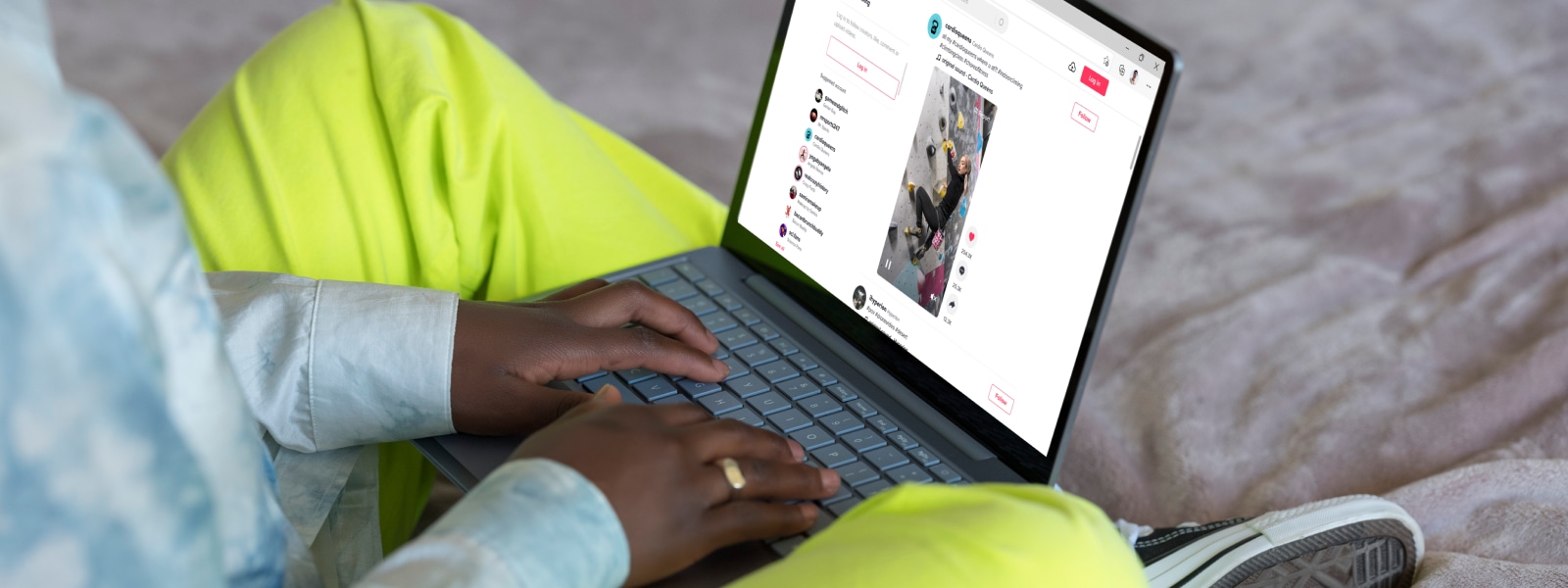
Online safety tips
Parents and policy makers can help young adults pay attention to their online reputation and take steps to ensure a positive persona – personally and professionally.

The Digital Civility Challenge
Microsoft encourages everyone to take the challenge to help make the internet a safer place. Our fifth Digital Civility Index showed digital interactions and responses to online risks are improving around the world.

Adolescent mental health in the age of AI
The new age of AI brings new opportunities—and new safety considerations, including how technology may impact adolescent mental health. As a part of our deliberative and responsible approach to safety and AI, we partnered with the CERES (Connecting the Ed Tech Ecoystem) research network to help build a shared understanding of the current research landscape and focus of future efforts.
Relationships
Relationships can be complicated in real life, and maybe more so online. You can fight with your sister over messenger, you can create a community on TikTok, and you can find your best friend in the comments on YouTube.

Stay in touch
The internet is a great tool to stay in touch with people over long distances, like cousins on another coast or friends studying abroad.
Be nice
Be nice to people, even if everyone else is being mean to them. Bullying is not cool in real life, or online.
Protect your identity, security, and privacy
Whether you meet a new person in real life or online, strive to be safe. Protect your identity, security, and privacy, and always tell someone you trust about a new person you meet online.
You have the right to say “no”
Remember you always have the right to say “no”, to cut off contact, or to report anyone who is bothering you online.
Social media cliche
Answer multiple choice questions about your social media habits to learn which cliché you are.
Take the quiz

Pin Head
Using location services? Limit who knows your whereabouts, pay attention to where/when you check in, and link to social media with care.

Momarazzi
Be mindful about what you post online about your kids – of any age. You might be putting them at risk by revealing their current location, age, school, etc.

Team Emo
Don't post anything you'd only say to a close friend. Whether you're happy, sad, angry, or have money worries, confiding broadly could increase your online risks of being bullied, targeted for scams, or worse.

Hashtag Hyper
Be selective about where and when you use hashtags to avoid oversharing your location. Keep sensitive details to yourself that could be used to defraud; impersonate; or find your home address, phone and account numbers, birthdate, or photos without your knowing it.

Selfie Centered
Before you post any pictures, videos, or comments online, ask yourself: Could this tarnish my reputation? Think before you post; it will be there a long, long time.







